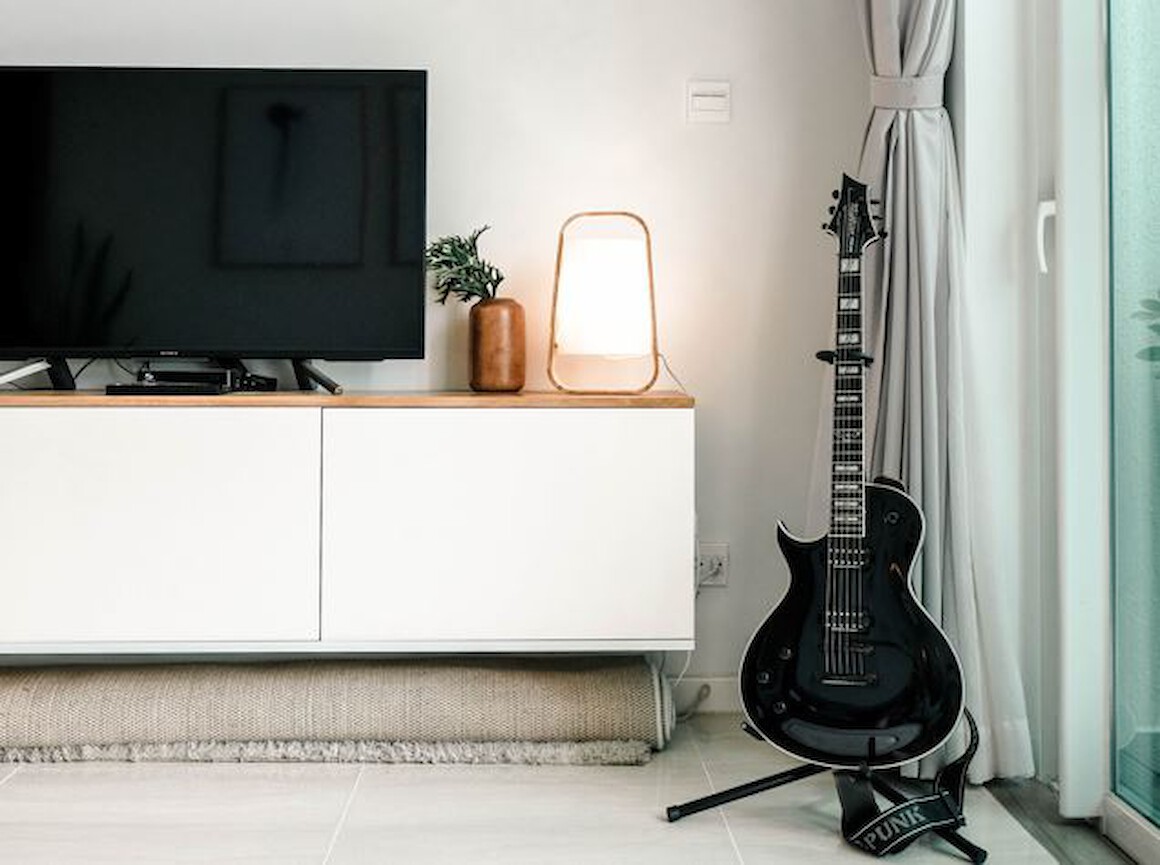In September 2021, the Dutch Competition Authority (‘ACM’) imposed a fine of more than 39 million EUR on Samsung Electronics Benelux B.V. (‘Samsung’) for coordinating online sales prices of televisions with various retailers. It was the first time the ACM imposed a fine for vertical price-fixing and a radical change of enforcement policy. The ACM announced in December 2022 that it has declared Samsung’s objection to the fine decision unfounded. After publishing only a summary of the fine decision in 2021, the ACM now has published both its principal decision and its decision on the objection in full.
The prohibited conduct
According to Samsung, it merely communicated recommended retail prices for televisions, leaving retailers free to set their own online resale prices. However, ACM disagreed and concluded that Samsung went far beyond ‘advising’, and effectively coordinated online retail prices. Samsung’s conduct found to be violating the cartel prohibition essentially consisted of three interconnected components:
- Price monitoring: Samsung continuously monitored online retail prices using various programmes and software tools, known as ‘spider software’. Based on the results, it established (i) benchmarks, which compared the prices charged by retailers with Samsung’s recommended retail prices; and (ii) connection charts, visualising which retailer was ‘initiating’ an online price reduction.
- Internal coordination: All retailers were assigned their own Samsung account manager, through whom Samsung maintained a relationship of trust. These account managers informed each other – during ‘Key Account Management’ meetings and otherwise – about price deviations applied by ‘their’ retailers, the parties initiating price drops and their communications with retailers (which retailer had already been ‘advised’, etc.).
- Communication with retailers: When retailers deviated from the retail prices recommended by Samsung, the relevant account manager would repeatedly contact the retailer to flag the deviation. Such a request – or as Samsung calls it ‘advise’ – was usually not explicit, and often consisted of a screenshot of the (lower) sales price offered by the retailer, and an explanation of the recommended retail price at that time. In addition, Samsung exchanged information about pricing intentions of other retailers and frequently asked which retailer(s) had followed or initiated the price reduction, so that this party could also be addressed by Samsung. These ‘requests’ were made both on Samsung its own initiative or by responding to complaints from other retailers.
The monitoring of online resale prices and provision of indicative price recommendations do not in themselves constitute prohibited price coordination. However, the specific recommendations to individual retailers, the repeated reference to desirable market prices and the exchange of information provided through communications with other (competing) retailers places this in a different context. Taken together, the three interconnected components of Samsung’s behaviour intended to control and minimise online price deviations within Samsung’s television range. Samsung and the retailers share the same intention: by keeping the online prices of televisions at the desired level, both parties can maintain their margins. This conduct is to the detriment of consumers, who therefore cannot fully benefit from active price competition at the online retail level, and has the object of restricting competition, ACM concludes.
Samsung’s objections
In its notice of objection, Samsung put forward several arguments. For instance, retailers' 'complaints' about other retailers should be interpreted in the context of ongoing negotiations on purchase prices. In addition, ACM would be wrong to limit itself to internal correspondence, and ACM’s interpretations of the evidence would not be supported by the facts. These arguments are all rejected by ACM, as the evidence gathered would clearly show Samsung’s genuine intention.
Amongst others, Samsung argues that retailers had not ‘agreed’ to follow Samsung’s recommended retail price. In the absence of an ‘express agreement’, price influence must be accompanied by some form of enforcement, coercion or (threat of) repercussion to establish a vertical object restriction, according to Samsung.
In this context, ACM emphasises that the communications between Samsung and the retailers demonstrate the retailers’ tacit consent to Samsung’s practice, since the retailers (i) generally follow Samsung’s price recommendations in practice; (ii) complain to Samsung when competitors nevertheless charge lower prices, expecting Samsung to address them; and (iii) are interested in Samsung’s feedback to determine their own prices. This, according to ACM, creates a form of reciprocal cooperation, focused on the joint intention to behave in a certain way.
Furthermore, ACM states that the means by which freedom to determine resale prices can be restricted, have never been exhaustively formulated in case law. Therefore, this can involve warnings, pressure or other kinds of incentives. The regular contacts with retailers, and the information exchanged about competitors are an important incentive for retailers to follow-up on Samsung’s requests. The information consistently collected and provided by Samsung confirms that retailers ‘are not alone’ and will therefore not suffer a competitive disadvantage when they increase their prices if Samsung ‘advises’ them to do so.
Samsung further argued that ACM did not establish vertical price fixing (resale price maintenance) or a hardcore restriction, and the conduct can therefore not constitute a restriction by object. The ACM explains that the terminology used in its decisions – price coordination – distinguishes Samsung’s conduct from more unilateral coercion, sanctions or direct financial incentives to restrict a buyer’s ability to set their own resale price. Samsung has more subtly, but no less effectively controlled the pricing behaviour of the retailers, which behaviour is equally prohibited. ACM stresses its finding that Samsung’s conduct restricts retailers’ freedom to set their own resale prices, which has been labelled by the European Court of Justice as a restriction by object.
Commentary
This case confirms ACM’s shift of policy regarding the enforcement of vertical price-fixing. Furthermore, the decisions show that the ACM considers the context and intent as crucial factors in establishing ‘an agreement’ or ‘coordinated behaviour’ with the object to restrict competition. Even though all circumstances taken separately may not lead to an ‘agreement’ to fix the online resale prices between Samsung and its retailers, the combination and interconnection of those circumstances may lead to a different conclusion, with or without coercive measures being applied by Samsung.
According to the media, a spokesman for Samsung has reported that it will appeal the fine to the Dutch administrative court. Whether ACM's view will be followed remains to be seen.





Sign in to post comments